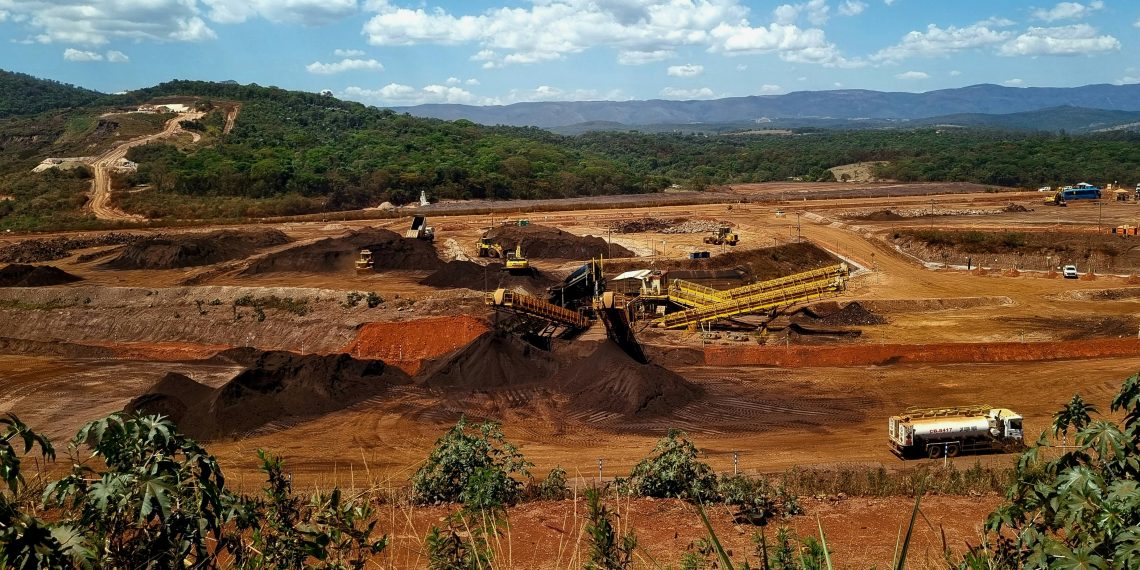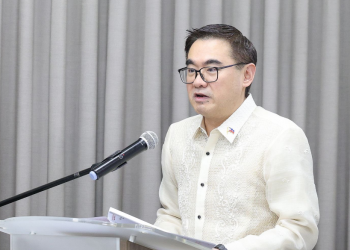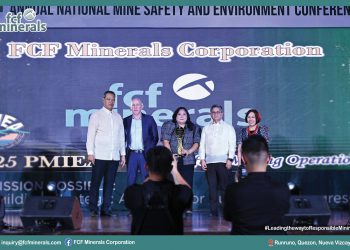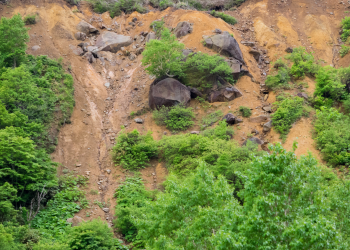As the government accelerates its transition towards electric vehicles, the Philippines is seen to witness a surge in mining activities within the next three years.
In a report by the Philippine Star, non-governmental organization Alyansa Tigil Mina (ATM) voiced concerns about the concept of climate-smart mining (CSM) introduced by multilateral lenders.
According to the World Bank, CSM aims to assist resource-rich developing countries in decarbonizing and reducing the material footprint of critical mineral supply chains essential for the clean energy transition.
ADB recently approved its inaugural CSM technical assistance worth $500,000 to Mongolia, targeting sustainable development in mineral-rich nations.
ATM’s National Coordinator, Jaybee Garganera, cautioned that this initiative might set a precedent for ADB to extend similar assistance to neighboring economies like the Philippines or prompt governments to seek support from ADB.
Garganera believes the Philippines can be a player in transitioning to clean energy, citing President Marcos’ directive.
He emphasized the necessity for increased nickel and copper production to expedite electric battery manufacturing, aligning with the government’s recent push for e-vehicles.
President Marcos recently instructed the Department of Energy and other concerned agencies to fast-track the development of e-vehicles. The goal is to boost local EV manufacturing and promote battery-charging infrastructure to encourage the electrification of public transportation.
However, Garganera expressed concerns about the environmental implications of expanded mining activities, despite the lower emissions of EVs.
He stressed the importance of prioritizing improvements in public transportation infrastructure over an increase in electric cars.
ATM highlighted the potential for new mines to open within two to three years due to government initiatives.
Garganera further noted a rise in applications and renewals for nickel and copper mines, indicating an uptick in mining activity. Additionally, the ongoing ore export ban in Indonesia, a major mineral supplier, may further drive production in the Philippines.
Although the Philippines boasts vast mineral potential, only a small percentage of identified areas are currently covered by mining tenements.














